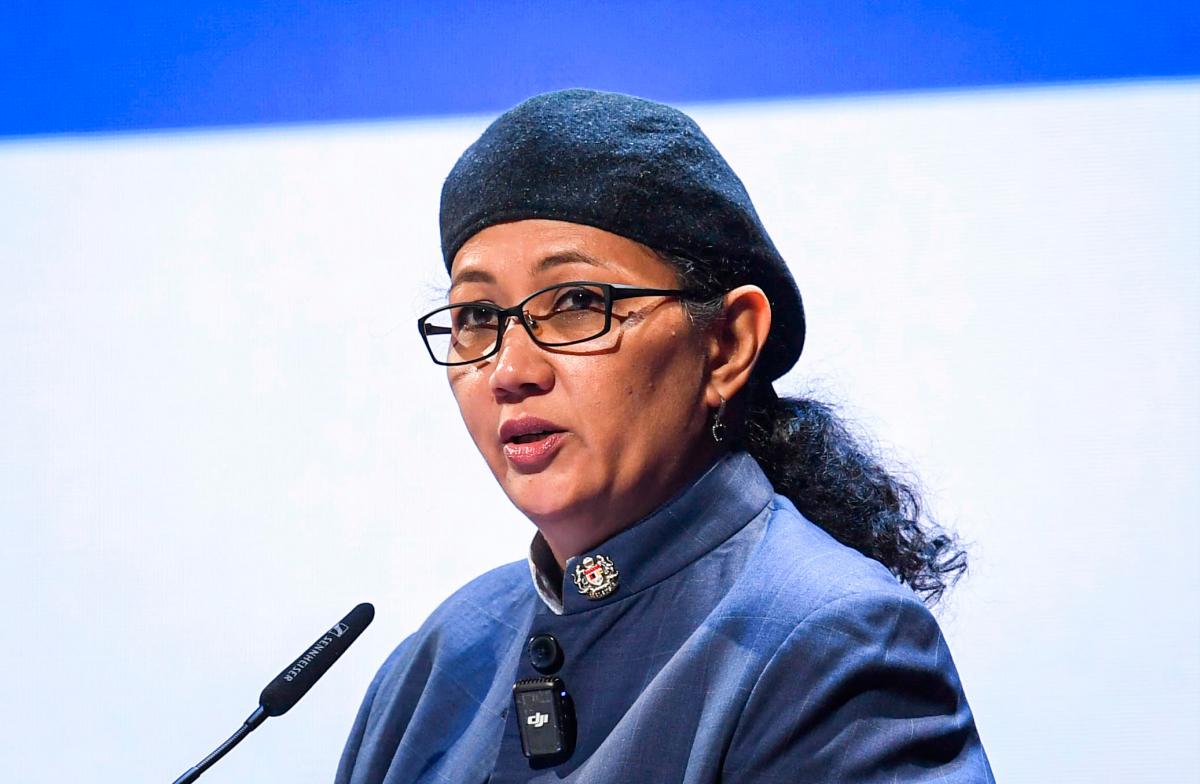KUALA LUMPUR: The resignations of two key ministers will not disrupt the progress of the National Environmental, Social and Governance Strategic Plan (NESP) or the 13th Malaysia Plan (13MP), both of which are nearing completion, said Deputy Economy Minister Datuk Hanifah Hajar Taib.
To a question on the progress of NESP and 13MP, Hanifah Hajar confirmed that the 13MP is almost ready to be presented to the Cabinet, while work on the NESP is actively ongoing.
“All ministries understand the importance of ESG (environmental, social and governance), and our civil servants have been working on it with clear ideas they want to implement,” she told reporters on the sidelines of the Forward Faster Symposium 2025 hosted by the UN Global Compact Network Malaysia and Brunei (UNGCMYB) here today.
It was reported that the 13MP document is expected to be tabled in Parliament next month.
However, she noted that a definitive timeline for the delivery of the NESP has yet to be confirmed.
This follows the resignation of Datuk Seri Rafizi Ramli as Minister of Economy and the resignation of Natural Resources and Environmental Sustainability Minister Nik Nazmi Nik Ahmad, which will take effect on July 4.
Earlier in her keynote address at the symposium, Hanifah Hajar said the NESP is aligned with global ESG frameworks and complements six pillars under the National Sustainability Strategic Framework and Industry ESG.
“The NESP is a comprehensive initiative aimed at guiding Malaysian businesses toward ESG compliance and sustainable practices. It will support Malaysian business entities, especially small and medium enterprises in phases, to move toward ESG reporting and even beyond compliance,” she said.
The one-day symposium brought together over 200 participants, including high-level executives, sustainability practitioners, and business leaders.
With the theme “Accelerating Corporate Sustainability Commitments for a Resilient Future,” the event featured in-depth discussions and high-level dialogues on the evolving role of business in achieving the 2030 Agenda for Sustainable Development.
The discussions were seen as timely amid economic headwinds and rising geopolitical tensions, with Malaysian corporate leaders increasingly strengthening their ESG commitments and positioning sustainability as a strategic tool to manage risk, drive long-term value, and contribute to national development.









